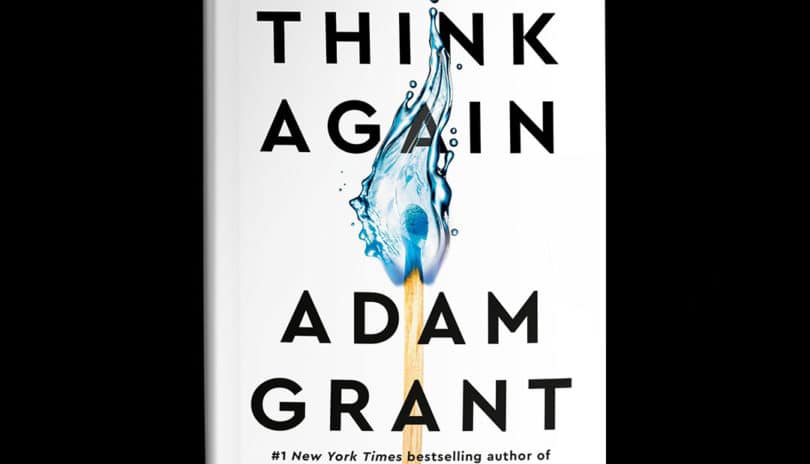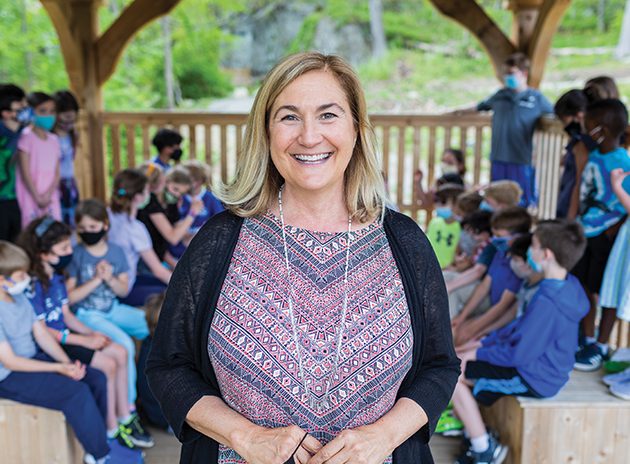December is often a time when we reflect, take stock of the year that has passed, and think about hopes for the year ahead. When you think about the past year, what events are most memorable? What events do you think your children would identify as memorable? Take a moment and think of a few.
According to the research shared in Chip and Dan Heath’s new book, The Power of Moments: Why Certain Experiences Have Extraordinary Impact, the moments you evoke are likely to reflect either peaks or endings. Peak-End theory explains that our memories of an event or a period of time are not shaped by the average of each moment of our experience; rather peak moments and endings hold the most sway in shaping our memories.
Our peak moments often occur through serendipity or accident, and some life milestones pass quietly without a moment being built around a significant experience. One goal of the book is to help people better develop their capacity to build peak moments deliberately. The great news for us as parents and educators is that peak moments do not have to involve scaling Everest or doing something wildly dramatic; a small change from the ordinary can be the beginning of a peak moment. I see examples across DCD that demonstrate the way peak moments can be built in the course of an ordinary school year. The authors of the book focus on four elements that are present in peak moments: elevation, since these moments rise above our ordinary experiences; insights, since peak moments often lead us to understand more about ourselves; pride, since we are often captured at our best in a peak moment; and connection, since peak moments are often social.
I could draw from many examples at DCD, and I’ll highlight our tradition of annual plays for each student as an example of how we build peak moments. Many DCD students – and even alums – have vivid memories of their class play. This is no surprise, since each of the elements of building a peak moment is present in both the creation and performance of a show. The play is a moment of elevation, since the stakes may feel higher to students when they are performing for a large group; students gain insights about themselves through the process of practicing and performing the show; students are often at their most collaborative and feel a sense of pride, since the performance captured them at their best; and the performance is a moment of connection, since sharing a show with an audience is a deeply social endeavor. Numerous examples like this one exist in our program, and continuing to build moments for students will always be an important part of what we do to shape children’s experience of school.
As you head into the break, I hope you can build some wonderful moments as a family. I know our Holiday Assembly will give us a great opportunity to come together as a group and share a peak moment and an ending – at least for now. I’ll look forward to our beginning again in January and the many moments in the year ahead.








